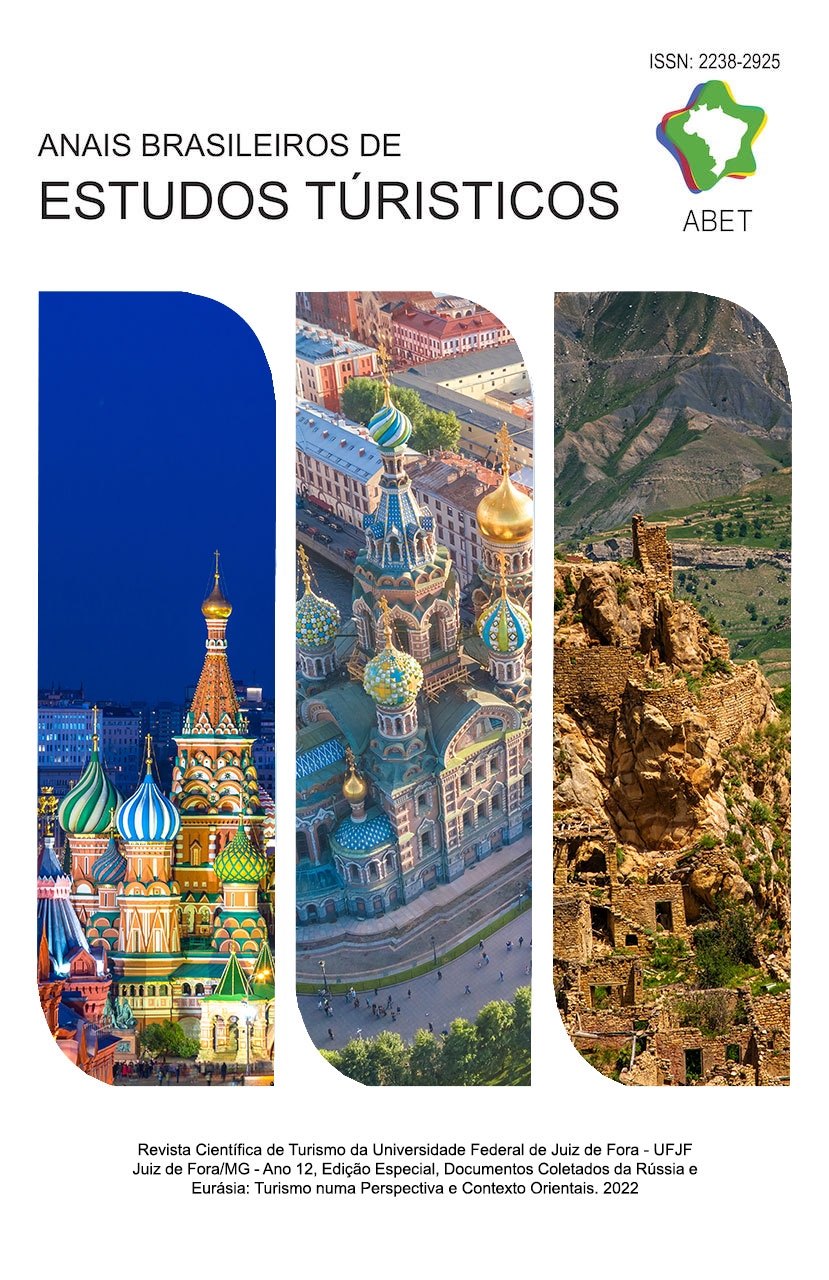Improving Digital Technologies in the Tourism Business
DOI:
https://doi.org/10.5281/zenodo.7348872Keywords:
Virtual reality, Efficiency, Financial condition, Technology, Sustainable growthAbstract
The article is devoted to present a theoretical discussion about the virtual reality tools on tourism sector, with focus on recent recent experiences. It has been established that the epidemiological and economic situation that has developed in the world at present indicates the need for the introduction of digital technologies in all spheres of life as well as the entertainment sector, which includes the tourism industry. It has been showed that it is not possible to meet the growing needs of consumers without the introduction of the latest technologies. The purpose of the development of digital technologies in the tourism sector is to create the necessary prerequisites for the development and improvement of the state of the tourist services market, its diversity due to new types of tourism, improving the financial condition, as well as sustainable growth in the level and quality of life of citizens in the current period and for the future.
Downloads
Downloads
Published
How to Cite
Issue
Section
License
Copyright (c) 2022 Anais Brasileiros de Estudos Turísticos

This work is licensed under a Creative Commons Attribution 4.0 International License.
This journal provides immediate open access to its content, following the principle that providing free scientific knowledge to the public provides greater democratization of world knowledge.
Authors must agree to the following terms relating to copyrights:
(a) Authors keep all copyright and grant the to the journal the right of first publication, with the work simultaneously licensed under the Creative Commons Attribution License that allowing job sharing with recognition of authorship of the work and initial publication in this journal.
(b) Authors are allowed to assume additional contracts separately, for non-exclusive distribution of the version of the work published in this journal (e.g. publish in institutional repository or book chapter), with recognition of authorship and initial publication in this magazine.
(c) Authors are allowed and are encouraged to publish and distribute their work online (e.g. in institutional repositories or on your personal page) since they do not do this before or during the editorial process, as this can generate productive interchange, as well as increase the impact and citation of work aired. (See Effect of Free Access).















